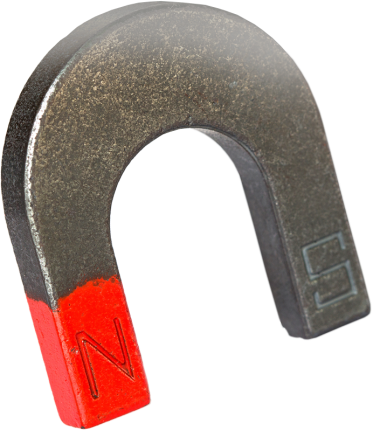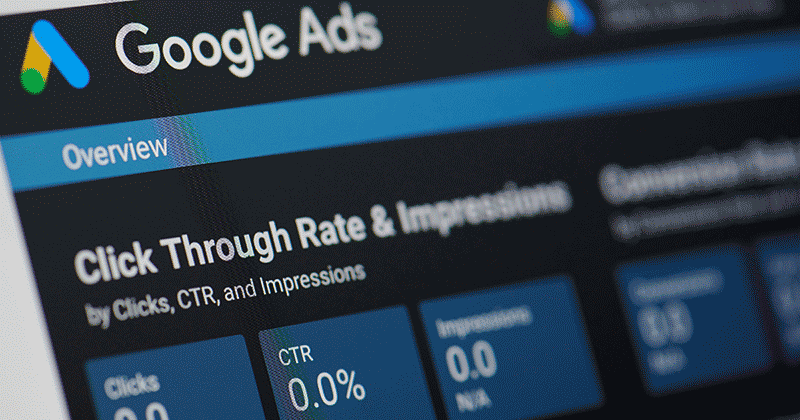The Number One PPC Mistake
IgorMord had a great post over at SEOmoz yesterday entitled 17 Most Common PPC Mistakes Web Marketers Make. It’s an excellent overview of the kind of search marketing blunders we see around here every day. However, we noticed that IgorMord’s list focused the mistakes you would see in fairly established pay per click campaigns. What if you’re not ready for all that yet because you’re still stuck on identifying which keywords you’re supposed to be targeting in the first place? Then what do you do?
My curiosity and admitted lack of PPC knowledge led me to the desk of our pay per click expert Nick Guastella. At first Nick pretended he didn’t see me, but once I started throwing stress balls at his head and threatening to key his car he saw that resistance to the Lisa is futile. Eventually he agreed to talk to me, but only after I put down the letter opener.
I quickly started asking Nick some questions about identifying keywords for a PPC campaign. Basically, I was trying to get him to reveal the magic formula for predicting keyword success so that I could sell it on eBay. You can sell anything on eBay, you know.
Turns out that just like with search engine optimization, there is no magic formula for uncovering the keywords that will have the biggest impact on your pay per click campaign or predict their ROI. Bummer. Nick says even the terms voted Most Likely to Convert in high school will fail to do so if your site doesn’t deliver what the keywords or your ad promises. [Fine, I may have paraphrased that (Nick’s a talker), but you get the idea. Keywords alone won’t do it, but they are incredibly important]
So what should you do when you’re just starting out and looking for keywords?
The first step of your pay per click account is discovery. You need to identify the terms that are most important to your customers. One way to discover terms is to review your site and identify keywords based on products, information or services that your site provides. Another way to identify keywords is to take a look at your log files. See what terms visitors are using to land on your site and which ones have the best search volume. Something we do for our PPC clients is to also make a note of negative keywords, or words that the client would not want to appear for. And of course, there are lots of keyword discovery tools out there to help you. Check out our SEO Newsletter article entitled Five Steps to Effective SEO Keyword Research for more info on that.
We also typically utilize Broad Matching to uncover our client’s site’s long tail keywords.
For example, suppose a client chose to target the phrase "life insurance quote". By using Broad Match it would also allow their ad to appear for longer keyword searches, such as "life insurance quote for non-smoker over 50" or "life insurance quote the wife was right". This allows us to use fewer terms for an advertiser’s account, but still get these more valuable and usually higher converting long tail terms in.
A lot of other search marketing companies recommend using Content Matching, but we’ve never seen a case where an advertiser has had a good result from this. Usually the conversion rates are well below 1 percent and have a much higher cost per conversion.
One area where Nick agreed with the post on SEOmoz was not to become obsessed with fighting for that #1 spot.
Nick told me:
"Many advertisers want to be 1-3 because they think the higher they are, the more clicks they’ll get, and more clicks always equals more sales. This isn’t the case. It is much better for advertisers to start bids low and slowly move them up to monitor keywords and identify how they perform. Putting keywords in the top three will often cause advertisers to spend a lot of money for a small amount of conversions. After they learn their lesson they lower their bids to find the optimal spot and see an immediate increase in ROI."
Doing it right from the start will save you money in the beginning and improve your odds of success.
Another thing to keep in mind is that though traffic is good, when you’re paying for each click what you’re interested in is conversions. Figure out your site’s long and short term goals so you know the purpose of your campaign. This will help you determine what keywords you should be bidding on.
Here are some additional tips from Nick:
- Use keywords specific to your site and usually 3 keyword strings or more.
- Link keywords directly to product pages or as close as possible. People use the internet to save time if they land on a page where they cannot get what they want in three clicks you have just wasted money.
- Be as descriptive in ads as possible and do not use domain names in ads. People can see your domain below the ad if they want that information. Provide as much information as possible about your product being offered. Your PPC ad is your 30 second commercial; it has to be written to inform a searcher and compel them to click through.
- More clicks do not equal more sales. Everything out there, especially from the PPC search engines, emphasizes getting a high click-through rate. While you do want clicks to your ad, the ROI is the most important measure of success. Often we have clients with an ad that gets a lower click-through rate but higher conversions. Write so that you get qualified traffic.
And of course, a good pay per click expert knows their work is never done. Once you establish your keywords, its time to test, test some more, and then finish all that up with some more testing. To get the most out of your pay per click campaign you have to monitor your keywords to make sure they’re performing they way you expected them to. If they’re not, determine if the problem is with your terms or whether it’s a problem with your ad copy and/or landing pages.

One Reply to “The Number One PPC Mistake”
Another big mistake PPC advertisers make is not using the Exact Match feature. I’ve placed higher for the same keyword in brackets and for less CPC than I did using Broad or Phrase Match. I assume it has something to do with many PPC advertisers not fully understanding what Broad vs. Phrase vs. Exact Match is (at least those who are new to PPC). I know it confused me a bit when I first started using PPC programs. But hey, I’m just an SEO which apparently isn’t rocket science.
LEAVE A REPLY









